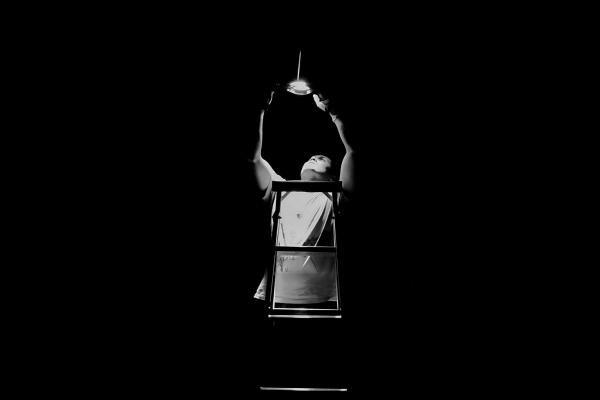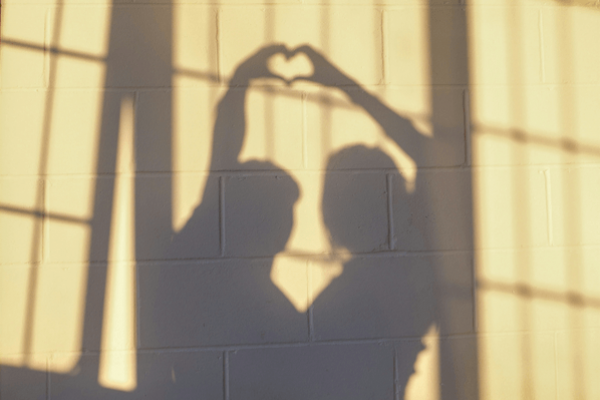“For us America is our own country, and it’s all the same: hopeless,” the general told his solider.
General Simón Bolívar had lost faith. The great Liberator of Latin America who fought for independence from Spain, with a vision of a continent united as a single nation would never happen. His men wore the wounds of the revolutions his words inspired and only the frail old man at the end of his life knew how worthless they had been. Political and social change was impossible. He had known the cause was lost for years and kept fighting out of despair, with no dream of any meaningful end.
The despondent Bolívar is not the actual historical figure, but a creation of Colombian novelist Gabriel García Márquez in his 1989 novel The General in His Labyrinth. The fictionalized Bolívar is more of a reflection of Garcia Marquez’s own political ideas. By the late ‘80s, García Márquez, a leftist, witnessed political turns both left and right, neither of which improved the lives of regular people. Political and social change seemed impossible. Right wing dictatorships regularly, with the aid of the U.S., overthrew democratically elected socialist presidents. Revolutions produced oppressive regimes and corruption was rampant across factions regardless of political stripe.
This is why the figure of a disenchanted Bolívar — at the end of his life but at the beginning of an independent Latin America — resonated. For many, the Americas were doomed from the beginning.
Captain America was created near the beginning of World War II. While he was given a serum for super strength, Captain America’s super power was a concentrated form of American optimism about its principles and beliefs. With it, he punched Nazis and fought for causes. He could make a difference. He helped remake the world. More than wearing a flag on a presidential lapel, he bore it across his chest.
But now, he wears black.
Today, Captain America is a man without a nation. He is the captain of no army. He trusts no government. He questions his most cherished principles, because they have, in the hands of whoever has wielded them, failed to deliver on any of their promises. He leads a tribe — a group of individuals who cling most tightly to one another, not any higher ideals.
When the captains and generals across the Americas lose faith that the world can be made better, what befalls the rank and file? What happens when leaders and heroes abandon the fields and their flags? Does their desperation and despondency cascade downward?
Superhero movies and novels seem like silly things to focus on, but the despair is real.
It is not only the superheroes and standard-bearers who have lost faith.
It seems the world is in crisis. The idea that societies can positively change the world for the better through democratic institutions is declining. From Turkey to the United States, authoritarian regimes and ideas are spreading.
In the United States, only 18 percent of Americans trust the government. Nearly 70 percent of Americans report primarily negative feelings about the state of the country. Only 36 percent are optimistic about the ability of the nation to bridge political differences and fix national problems.
It is hard to be optimistic in our current moment. Our cultural productions illustrate that, but our policies do not inspire either. A resurgence of white supremacist violence, attacks on the press, and inhumane border policies are but a few reasons it is difficult to muster optimism. But perhaps, the moment does not call for optimism.
Hope and optimism are not perfect substitutes. Optimism requires confidence of the outcome. It requires certainty. It hints at a teleology of progress.
Hope is a desire for something, a want of an expectation. It retains an air of uncertainty, which requires a modicum of faith.
In the midst of apartheid in South Africa, Archbishop Desmond Tutu was not optimistic about the possibility of change. He was confined by the circumstances of his time and place. He was enclosed in a system of racial politics and racial discipline. He experienced despair and discouragement.
Optimism was too unsteady to depend upon. He pressed on as a “prisoner of hope.”
His despair was constrained by a faith that humanity has capacity for goodness, even without a mountain of evidence. He had a small hope that people can be moved and can then be moved to change.
Across the world there is a spreading system of global apartheid. Within our nation, there are many that are convinced that what binds us is not shared belief but blood, race, or a myriad of insular loyalties. These lesser bonds of tribe enclose our compassion, building walls around our human connections.
There seems little evidence for great confidence. The heroic captains and generals of our mythical past will not save us. We still tell their stories, but have stopped telling of their confident victories. And sometimes, the stories we tell ourselves must change.
For most of my life, my grandmother would tell me that “todos los políticos son mafiosos y mentirosos.” For her, all politicians were crooks and liars, whether in the U.S. or Mexico. Good people stayed far away from the political system and concerned themselves with the Kingdom. The world would never change, but souls could be saved and this work was done through prayer not politics. Across borders, across decades, across denominational conversions, she read her Bible and refused to vote.
Since 2016, the words, actions, and policies of the current administration should have confirmed her story that only the crooks and the liars win in politics. It should have confirmed that the world was broken and could never change. It should have, but didn’t.
In 2018, she voted for the first time. She couldn’t fix everything, but she couldn’t sit and do nothing.
Between the stories of unwarranted confidence and excessive cynicism that we tell ourselves, optimism can easily be lost.
I will hew to the small faithfulness that requires work and action, without the certainty that mountains can be moved.
I will be an impatient prisoner of hope.
Got something to say about what you're reading? We value your feedback!







